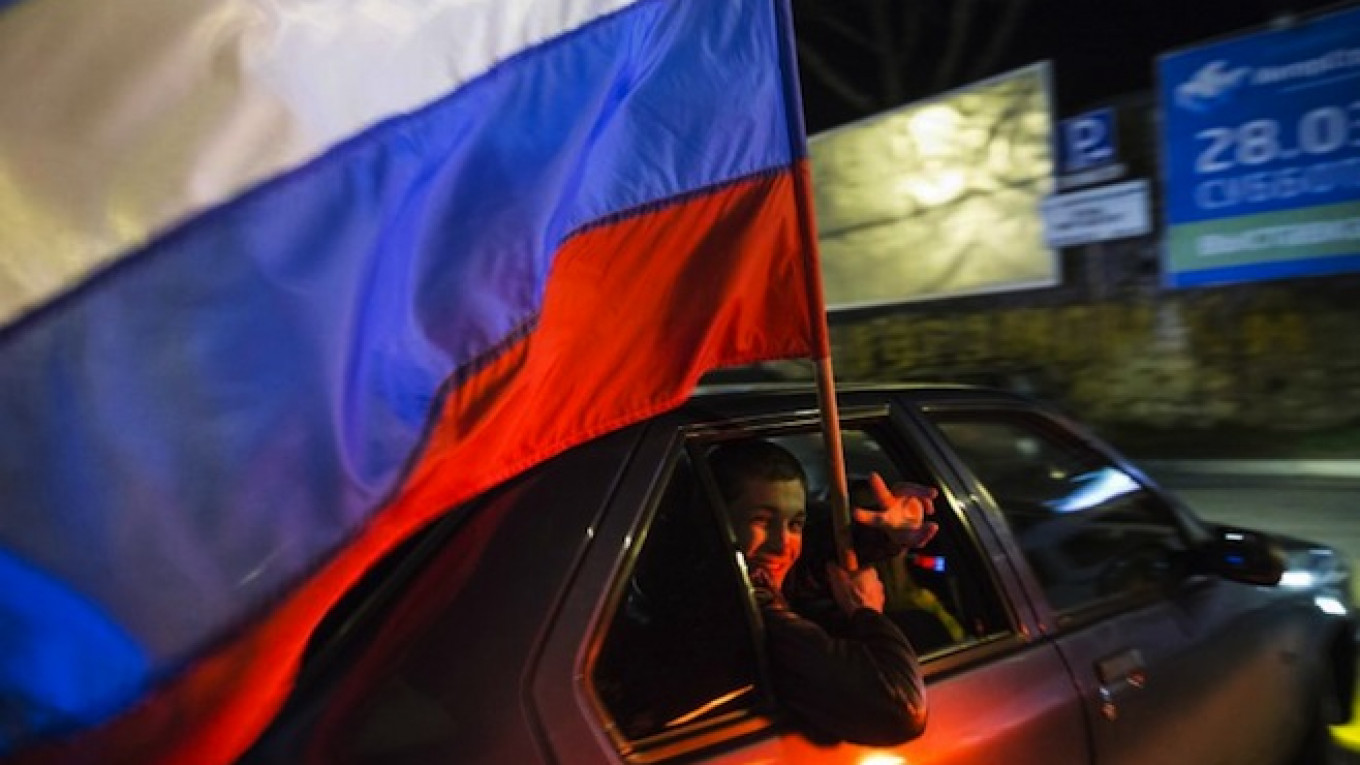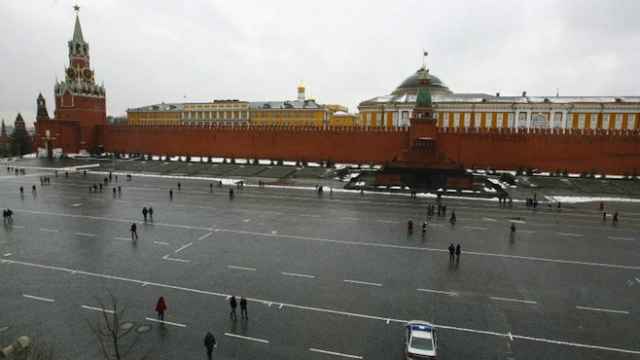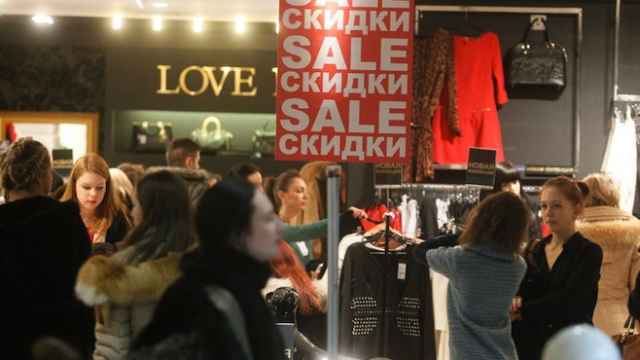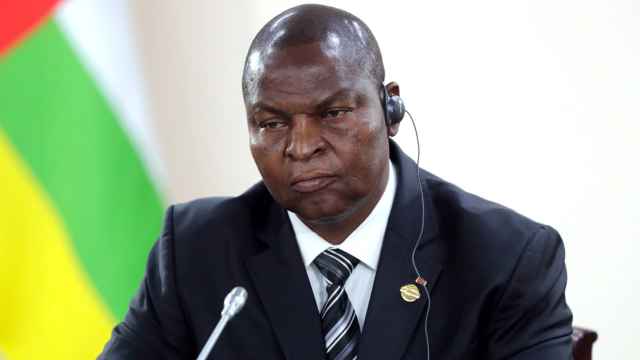Only 3 percent of Russians consider the upcoming Russia Day national holiday, celebrated on June 12, among the important celebrations of the year, according to a recent poll by the analytical Levada Center.
By far the most significant holiday for Russians is New Year's, which more than 80 percent of respondents listed when asked which holidays were most important to them. Respondents could choose more than one answer. The birthdays of friends and loved ones had the next highest ranking, with 44 percent.
One's own birthday and Victory Day, celebrated on May 9, tied for the third and fourth places with 42 percent each.
Russia Day ranked the same on the importance scale as wedding anniversaries, which also scored 3 percent, according to the poll. But it beat the Nov. 7 anniversary of the Bolshevik Revolution, Nov. 4 National Unity Day, and Russia's Constitution Day, which scored 1 percent each, the poll indicated.
Easter was considered one of the most important holidays by 27 percent, while Russian Orthodox Christmas lagged behind with 15 percent, according to the poll. Catholic Christmas was viewed as important by 1 percent, the poll indicated, in a country where Catholics reportedly make up less than 1 percent of the population.
Russia Day marks the day when the legislature of the then-Russian Federative Socialist Soviet Republic adopted the Declaration of State Sovereignty — June 12, 1990. The day was made a national holiday in 1992.
Despite Russians' indifferent attitudes toward the holiday, a majority of the population, or 61 percent, consider national independence proclaimed in 1990 to have been “definitely” or mostly beneficial for the country, the poll indicated.
That is down from 71 percent a year earlier, but marks a rise from a low of 35 percent in 2002, Levada Center said in its report.
Fifteen percent of Russians think national independence was damaging for the country, according to this year's poll, compared to 26 percent in 2002 and a high of 35 percent in 2004, according to Levada Center data.
The poll was conducted on May 22-25 among 800 people in 46 of Russia's regions, and had a margin of error of no more than 4.1 percentage points.
A Message from The Moscow Times:
Dear readers,
We are facing unprecedented challenges. Russia's Prosecutor General's Office has designated The Moscow Times as an "undesirable" organization, criminalizing our work and putting our staff at risk of prosecution. This follows our earlier unjust labeling as a "foreign agent."
These actions are direct attempts to silence independent journalism in Russia. The authorities claim our work "discredits the decisions of the Russian leadership." We see things differently: we strive to provide accurate, unbiased reporting on Russia.
We, the journalists of The Moscow Times, refuse to be silenced. But to continue our work, we need your help.
Your support, no matter how small, makes a world of difference. If you can, please support us monthly starting from just $2. It's quick to set up, and every contribution makes a significant impact.
By supporting The Moscow Times, you're defending open, independent journalism in the face of repression. Thank you for standing with us.
Remind me later.






